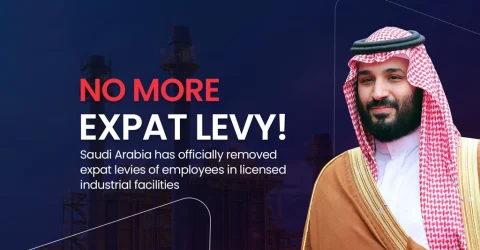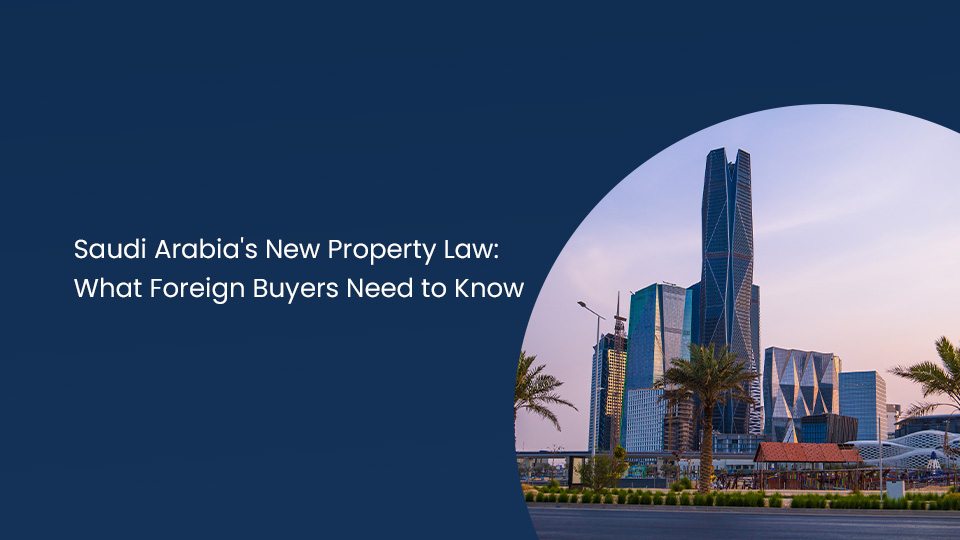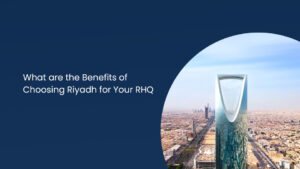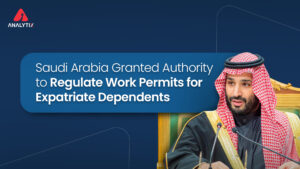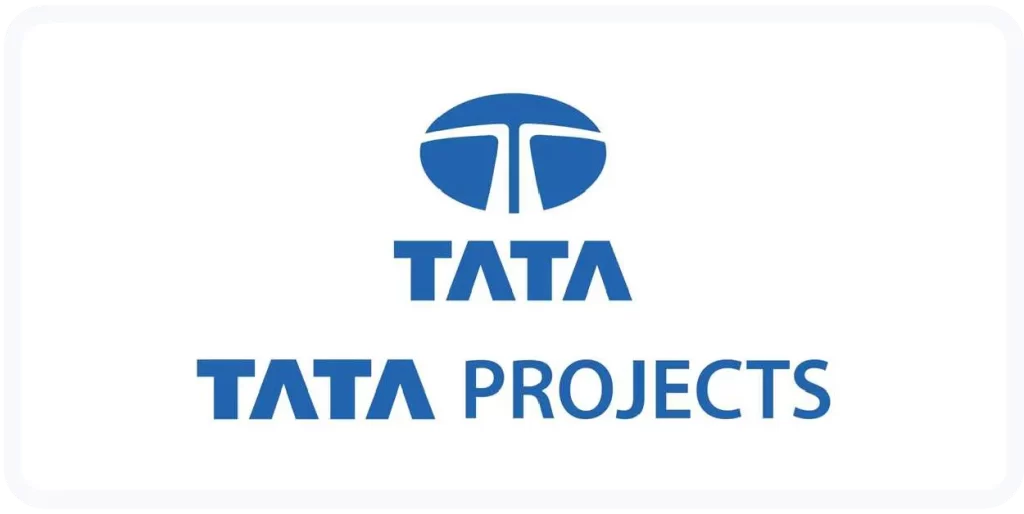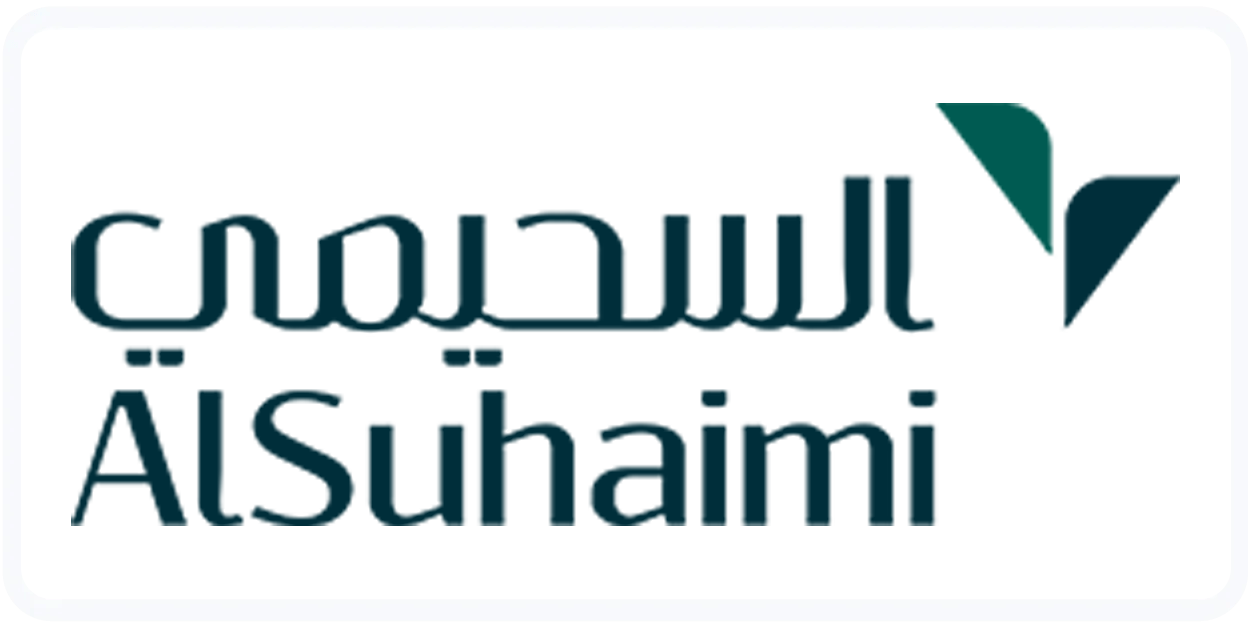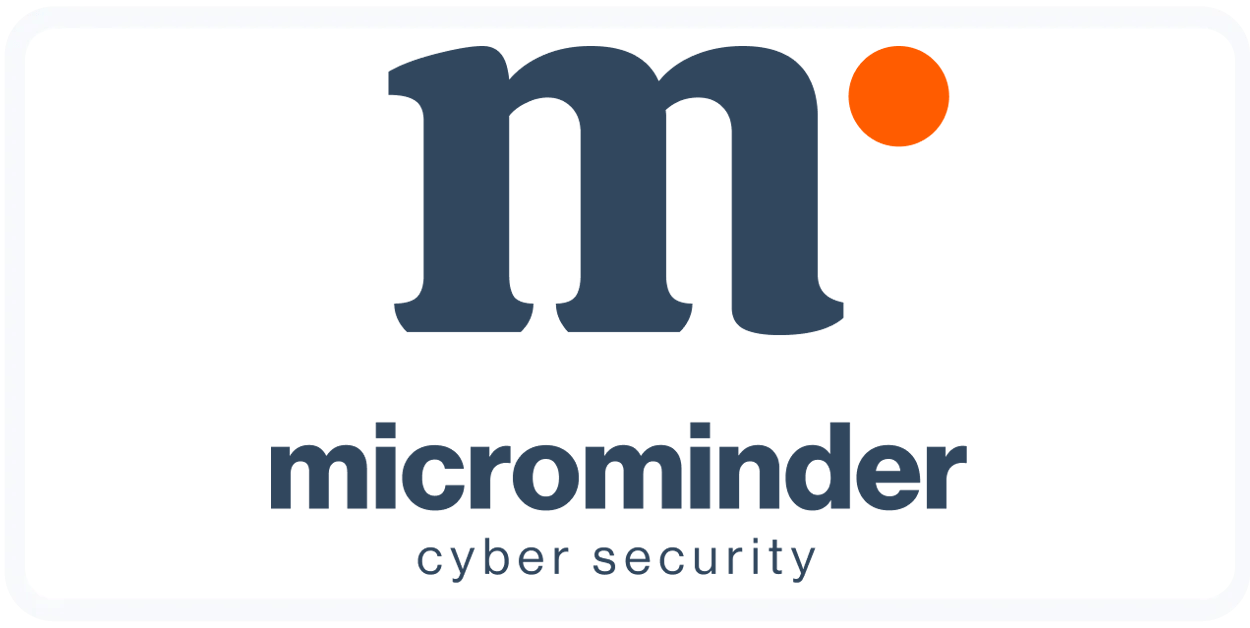Saudi Arabia has officially opened its doors to foreign property ownership with the new groundbreaking property law in Saudi Arabia, which changes the Kingdom’s real estate landscape. The landmark law of Real Estate Ownership by Non-Saudis was released on July 25, 2025, in the official gazette. The law will take effect 180 days after its publication, indicating a historic change that supports Vision 2030’s goals for economic diversification. This property law in Saudi Arabia is one of the most important reforms for foreign investment in decades, allowing international buyers to own real estate in most parts of the Kingdom for the first time.
Key Takeaways:
- Foreigners, both individuals and companies, are allowed to own property across Saudi Arabia under the new Law.
- Makkah and Madinah are designated special zones – individual foreign ownership is restricted; however, there are some exceptions for corporate.
- Complete registration with the Real Estate General Authority is required; violations will result in fees and penalties.
- The law will take effect in January 2026, after a 180-day activation period.
In this blog, you will get to explore which regions are available for foreign buyers, what kinds of properties you can own and the steps to secure your investment in Saudi Arabia’s developing real estate market.

Who is a “Non-Saudi” Under the New Law?
The new legislation clearly defines non-Saudis, which are categorised into three main groups. Foreign individuals are anyone who doesn’t possess Saudi citizenship, irrespective of their residency status. Non-listed companies that have foreign shareholders, licensed investment funds, and special-purpose entities are also considered non-Saudi entities by this law. International organisations and foreign-controlled businesses in the Kingdom are also part of this definition, providing extensive opportunities for corporate real estate investment.

Where Can Non-Saudis Own Property?
The new property law in Saudi Arabia will permit the acquisition of real estate only in certain areas specified by the Real Estate General Authority. The initial focus is on high-demand commercial and residential markets in cities like Riyadh and Jeddah. However, there are still some geographic restrictions. Foreign individuals legally residing in the Kingdom can own a single residential property, as long as it is located outside the restricted zones, with properties in Makkah and Madinah strictly excluded from this rule.
The holy cities hold a special status in the new framework. Foreigners are generally restricted from owning property in the two holy cities, with a few exceptions for Muslim foreigners in very specific cases, like inheritance or recognised religious endowments (waqf). Economic cities and special development zones are given priority for foreign ownership, supporting the government’s strategy to attract international investment into important growth areas.

What Types of Property Rights Can Non-Saudis Acquire?
The law defines various ownership categories depending on the type of buyer. Foreign individuals can obtain full ownership of a single property, provided it is located outside restricted zones. Corporate entities have extensive privileges, allowing non-listed companies and investment funds to own several properties across the Kingdom, including limited opportunities in holy cities with regulatory approval.
Property rights are not limited to ownership; they also include usufruct agreements, long-term leases, and specific contracts for commercial or industrial use. These flexible structures allow for various investment strategies while ensuring regulatory oversight through the approval processes of the Real Estate General Authority.

Implications for Foreign Residents and Businesses
This change in legislation opens up new opportunities for Saudi Arabia’s large expatriate community and international businesses. This decision will be a turning point for long-term non-GCC expatriates, who have faced restrictions on the total ownership of properties before. Now, foreign companies can set up a permanent presence without any complicated requirements, making it easier to start and grow their businesses.
International investors have the opportunity to enter the most dynamic property markets in the Middle East, while the Kingdom benefits from increased foreign direct investment, job generation, and knowledge sharing in real estate development and management.

Practical Steps and Obligations for Foreign Buyers
The Real Estate General Authority will set the geographical limits and release the implementing rules on the Istitlaa platform within 180 days. These rules will outline the processes, requirements, and protection for foreign ownership. Foreign buyers are required to register their ownership with the Real Estate General Authority, submitting all necessary documents such as identity papers, residency permits or corporate registration documents.
Key compliance requirements involve the payment of required registration fees, complying with zoning restrictions, and keeping accurate ownership records. Buyers must also prove legal residency for individual purchases and fulfil capitalisation criteria for corporate investments. Hiring local legal experts or experienced consultants is important for managing regulatory challenges and ensuring full compliance.

Next Steps and Opportunities
The new framework creates unique opportunities in various sectors. International companies can set up regional headquarters in their own facilities rather than renting spaces, lowering long-term costs and increasing investment security. Foreign residents now get the chance to own stable housing and wealth-building opportunities which were previously not available.
The commercial and residential markets in cities like Riyadh and Jeddah are in high demand and offer immediate investment opportunities. Riyadh’s growing economic cities, Jeddah’s commercial districts and new development zones offer a variety of investment options. Investors who act quickly benefit from entering the market before more foreign companies arrive and raise competition and prices.

Registration Fees and Penalties
REGA will be creating the implementing regulations, which will be available for public consultation on the Istitlaa platform. The Authority will charge a fee of no more than 5% of the value of any real estate transactions involving non-Saudis. Additionally, violation of the law can lead to a heavy fine of up to SAR 10 million (about $2.67 million). While the entire exact fee structures are yet to be published, buyers should expect registration costs and annual maintenance charges. The authority will also set up standardised procedures for transferring ownership, assessing property values, and monitoring ongoing compliance.
How Analytix Can Help
With the implementation of the new property law in Saudi Arabia, we are ready to help foreign investors and companies capitalise on this significant opportunity. Our team is updated on the latest regulations and details of implementation, well-prepared to help our clients with the registration process, ensuring they comply and making smart investment choices in this new market.
Conclusion
The new property law in Saudi Arabia signifies a major move in welcoming foreign investment and economic openness. This landmark regulation will now allow foreign property ownership in most areas of the Kingdom while still respecting cultural and religious sensitivities through specific geographic restrictions.
Foreign investors and residents who want to capitalise on these opportunities must carefully manage new regulations and compliance requirements. Achieving success requires a deep understanding of geographic limitations, ownership types, and registration processes.
That’s why you should reach out to us, as we are always well-prepared to guide our clients and help them reach their goals without any delays or errors.




